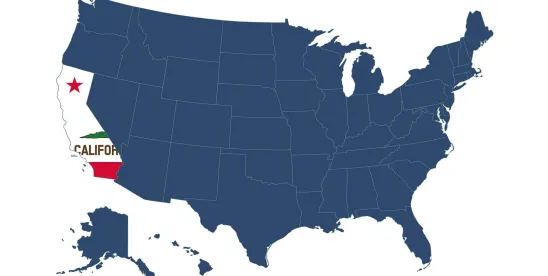Assembly Bill 2288 and Senate Bill 92 were introduced on 21 June 2024, both of which proposed significant reforms to California’s Private Attorneys General Act of 2004 (PAGA). On 1 July 2024, Governor Gavin Newsom signed these bills into law. Now that both AB-2288 and SB-92 have been signed into law, both will take effect immediately as urgency statutes. However, these new amendments will only apply to civil actions where the required PAGA notice was filed on or after 19 June 2024.
While the changes to PAGA enacted by these bills largely track the changes highlighted in the official announcement from the Office of the Governor (previously covered here), additional information about these bills is highlighted below.
ASSEMBLY BILL NO. 2288 (AB-2288)
- PAGA’s standing rules will remain unchanged for aggrieved employees who are represented by a nonprofit legal aid organization that: (1) has obtained Section 501(c)(3) tax-exempt status; (2) is a qualified legal services project or qualified support center, as defined in Section 6213 of the Business and Professions Code; and (3) has served as counsel of record in PAGA actions for at least five years prior to 1 January 2025.
- The PAGA civil penalty is only US$15 per employee per pay period where the employer “cures” the violation. The violation is cured “when the employee has received an amount sufficient to recover any owed unpaid wages due under the underlying statutes specified in the notice dating back three years from the date of the notice, plus 7 percent interest, any liquidated damages as required by statute, and reasonable lodestar attorney’s fees and costs to be determined by the agency or the court.”
- The PAGA civil penalty is only US$50 per employee per pay period “for each aggrieved employee per pay period if the alleged violation resulted from an isolated, nonrecurring event that did not extend beyond the lesser of 30 consecutive days or four consecutive pay periods.”
- The PAGA civil penalty will only be 15% of the statutory amount if the employer takes “all reasonable steps” to be in compliance with the statute before receiving the notice of violation or a request for records. The civil penalty will only be 30% of the statutory amount if the employer takes “all reasonable steps” to be in compliance with the statute within 60 days after receiving the notice of violation. AB-2288 defines “all reasonable steps” to include the following, but will be evaluated based on the totality of the circumstances:
- conducted periodic payroll audits and acted in response to the results of the audit;
- disseminated lawful written policies;
- trained supervisors on applicable Labor Code and wage order compliance; or
- took appropriate corrective action with regard to supervisors.
- Where the alleged violation is under section 226(a)(1)-(7) or section 226(a)(9), the only applicable civil penalty is only US$25 if the employee could “promptly and easily determine from the wage statement alone the accurate information specified by subdivision (a) of Section 226.”
SENATE BILL NO. 92 (SB-92)
- This bill sets forth the procedures by which employers can submit proposals to cure Labor Code violations in pending actions.
- Employer with at least 100 employees during the notice period—Upon being served with a summons and complaint, an employer may file a request for an early evaluation conference in the pending proceeding and request a stay of court proceedings. During the stay the parties will work with a neutral evaluator to determine whether a violation has actually occurred and develop a plan to cure the violation.
- Employer with less than 100 employees during the notice period—Employer may submit to the Labor and Workforce Development Agency (LWDA) a confidential proposal to cure the alleged violation within 33 days of receipt of the notice of violation. The LWDA may then set a conference with the parties within 14 days after receipt of the employer’s cure proposal to discuss a plan and deadline for completing the cure.
- This bill also expands the scope of the crime of perjury to ensure employers are making truthful representations and will require the LWDA to verify that the employer’s cure is complete within 20 days of receiving the employer’s notification.
We will continue to monitor the effects of this new legislation, including any interpretations by California courts that affect the application or scope of these bills. Employers should continue to review their wage and hour practices and policies to maximize compliance with the Labor Code.




 />i
/>i
